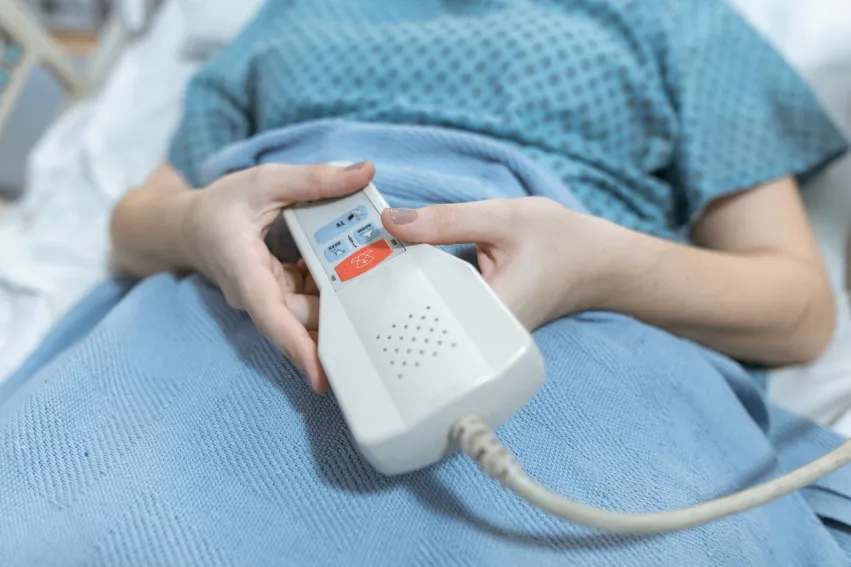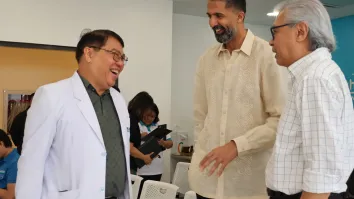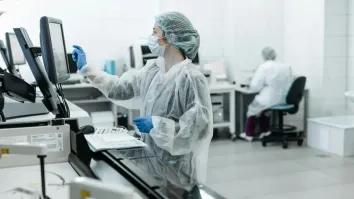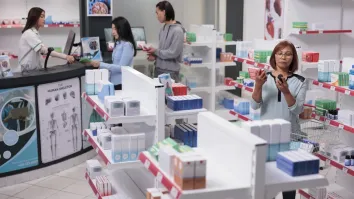
UNICEF calls for $164m for medical equipment in South Asia
This will be used to deal with the new wave of COVID-19 in the region.
UNICEF has urgently called for $164m to procure oxygen and testing supplies, medical equipment, personal protective equipment and infection prevention and control material to address the wave of COVID-19 across South Asia, according to a press release.
The funding requirement includes $32m for oxygen equipment including on-site oxygen-generating plants for hospitals, portable oxygen concentrators and cylinders, and $40m for medical and diagnostic equipment including RT-PCR and RNA extraction machines.
It also includes $60m for masks, face shields, gloves, gowns, visors, and other personal protective equipment needed to keep health & frontline workers safe, as well as US$28m for infection prevention and control including hand washing stations, sanitizer, autoclaves, laundry machines and hygiene supplies.
In addition, $3.7m will be used for therapeutics and medical supplies, including nutrition support and consumables.
The region accounts for half of known new infections globally, and over three new COVID-19 infections are being recorded every second, it noted. Furthermore, more than three people have been dying every minute due to the virus.
“Hospitals are overwhelmed, there is an acute lack of oxygen and other critical medical supplies, and there is a real risk of fragile health systems collapsing,” said George Laryea-Adjei, UNICEF’s regional director for South Asia.
On 18 May, India recorded the highest number of daily deaths ever in the history of the COVID-19 pandemic at 4,529. Neighboring Nepal has experienced case positivity rates as high as 47%, and Sri Lanka and the Maldives are recording new highs in COVID-19 cases and deaths on a daily basis, and hospitals in the capital of the Maldives are reaching full capacity, UNICEF said.
Bangladesh, Pakistan, Afghanistan, and Bhutan could all face similar devastating surges. Furthermore, in almost all countries in the region, with the exception of the Maldives and Bhutan, fewer than 1 in 10 people have been vaccinated against COVID-19.



















 Advertise
Advertise






